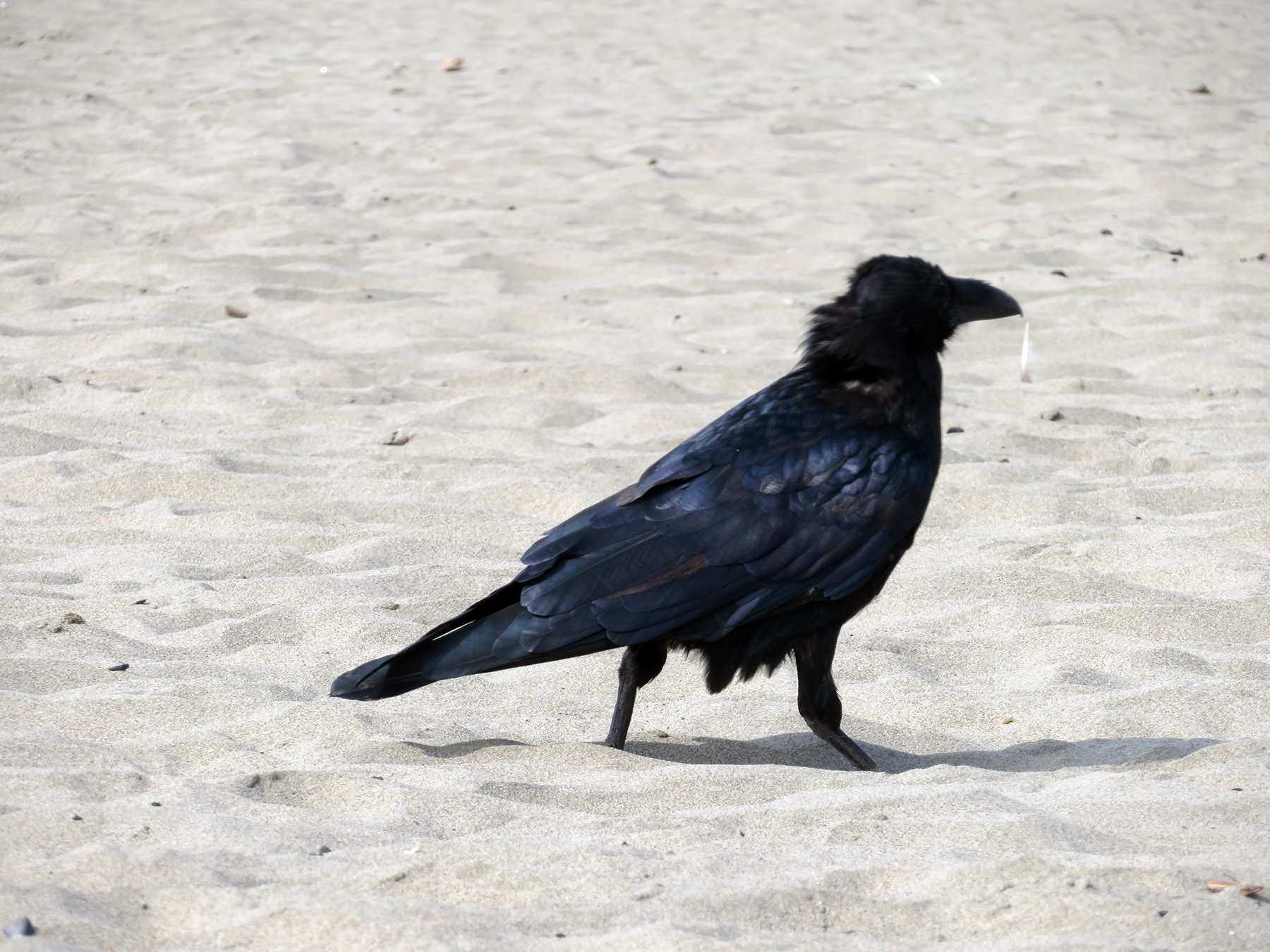A bit of housekeeping first:
- this website had crashed and it took more than a week to get it fixed. Sorry for the unannounced interruption.
- Save the date: for those readers living in the PNW, I would love to see you at our photographic art exhibition, opening Saturday, September 16th, 2023. Details about The Gorge Beckons: Change and Continuity will come closer to the actual date.

Today I want to introduce poems by two women who experienced war, prompted by yet another unsettling death. One, Anna Swir (Świrszczyńska, 1909 – 1984) survived WW II as a member of the Resistance in Warsaw during the German occupation. During that time she escaped execution by the skin of her teeth, and saw death and destruction on a daily basis as a war nurse. She wrote about her experiences in a poetry volume first published in Poland in 1974, Building the Barricades. I picked the poem below because it honors those risking death to serve a just mission, defending their country against imperial aggression. But I am also linking here to one of her longer poems that I cherish for its emphasis on the possibility of survival and resurrection, even during the darkest times. It appeared in the collection Talking to my Body, translated by Czeslaw Milosz and Leonard Nathan. Milosz tried hard to introduce Swir’s work to folks beyond Europe, not entirely successfully.
‘Said the Major’
“This order must be delivered within an hour,”
said the Major.
“That’s not possible, it’s an inferno out there,”
said the second lieutenant.
Five messenger girls went out,
one made it.
The order was delivered within an hour.
by Anna Swir
Translated by Piotr Florczyk

***
Here is a poem by Victoria Amelina.
Sirens
Air-raid sirens across the country
It feels like everyone is brought out
For execution
But only one person gets targeted
Usually the one at the edge
This time not you; all clear
by Victoria Amelina
Translated from the Ukrainian by Anatoly Kudryavitsky
First published in the anthology entitled “Invasion: Ukrainian Poems about the War”,
SurVision Books, Dublin, Ireland, 2022
Last week, she was the one. Amelina (1986-2023) was killed in Ukraine by a Russian missile while meeting with writers and political activist at a restaurant in Kramatorsk (together with many others, it turns out, children included. Despite being rushed to a hospital, her injuries were too traumatic for survival). The 37-year old mother of a young son had left her flourishing career as a novelist behind (her work has been translated into Polish, Czech, German, Dutch, English and Spanish and won multiple literary prizes) to join the Human Rights organization Truth Hounds when the Russians invaded Ukraine. She relentlessly traveled to discover and document war crimes, working on her first non-fiction book, War and Justice Diary: Looking at Women Looking at War, which was due to be published. Now posthumously. Here she is on June 6th, less than a month ago.

.
Several poems appeared during this last year of her life, engaging with other victims of the war, interviewing women who lived through Russian occupation. Here is one that emphasizes the importance of remembering. I must say the official rallying cry of “We must never forget” has taken on a sour taste for me, given that the implication – if we remember we won’t repeat – is currently severely challenged. But Amelina wants us to remember the name of the victims, disallowing a complete victory of wiping out a culture and its representatives, human beings who could have contributed so much across a life time, herself included. May her memory be a blessing.

Poem about a Crow
In a barren springtime field
Stands a woman dressed in black
Crying her sisters’ names
Like a bird in the empty sky
She’ll cry them all out of herself
The one that flew away too soon
The one that had begged to die
The one that couldn’t stop death
The one that has not stopped waiting
The one that has not stopped believing
The one that still grieves in silence
She’ll cry them all into the ground
As though sowing the field with pain
And from pain and the names of women
Her new sisters will grow from the earth
And again will sing joyfully of life
But what about her, the crow?
She will stay in this field forever
Because only this cry of hers
Holds all those swallows in the air
Do you hear how she calls
Each one by her name?
by Victoria Amelina
Translated by Uilleam Blacker.

Music today is about the town of Lviv, Amelina’s birthplace. The town is a gateway for over 3 million Ukrainian refugees who have left eastern and northern parts of their country to flee Russian bombs and seek refuge in Poland, Slovakia, and Hungary. They all transit via Lviv, by train, cars, buses. From the late 18th to the early 20th century, Lviv was also part of the Austro-Hungarian Empire and today symbolizes for many the prevailing Ukrainian hopes to once again be part of Europe.






Sara Lee Silberman
May her memory be a blessing indeed! But what a desperately sad story, not least (which is where my mind always goes) for the kids left behind…. You’ve penned a worthy tribute.
Sue Nystrom
On Women and War… It took me a long time to read these. Having spent a year in combat in Afghanistan, I just wasn’t sure I could do it. I especially connected to Poem about a Crow. I’m that crow, weeping for my women friends left behind. Sometimes I wake up crying. It’s important to remember those names, those faces. Those little girls.